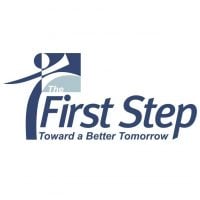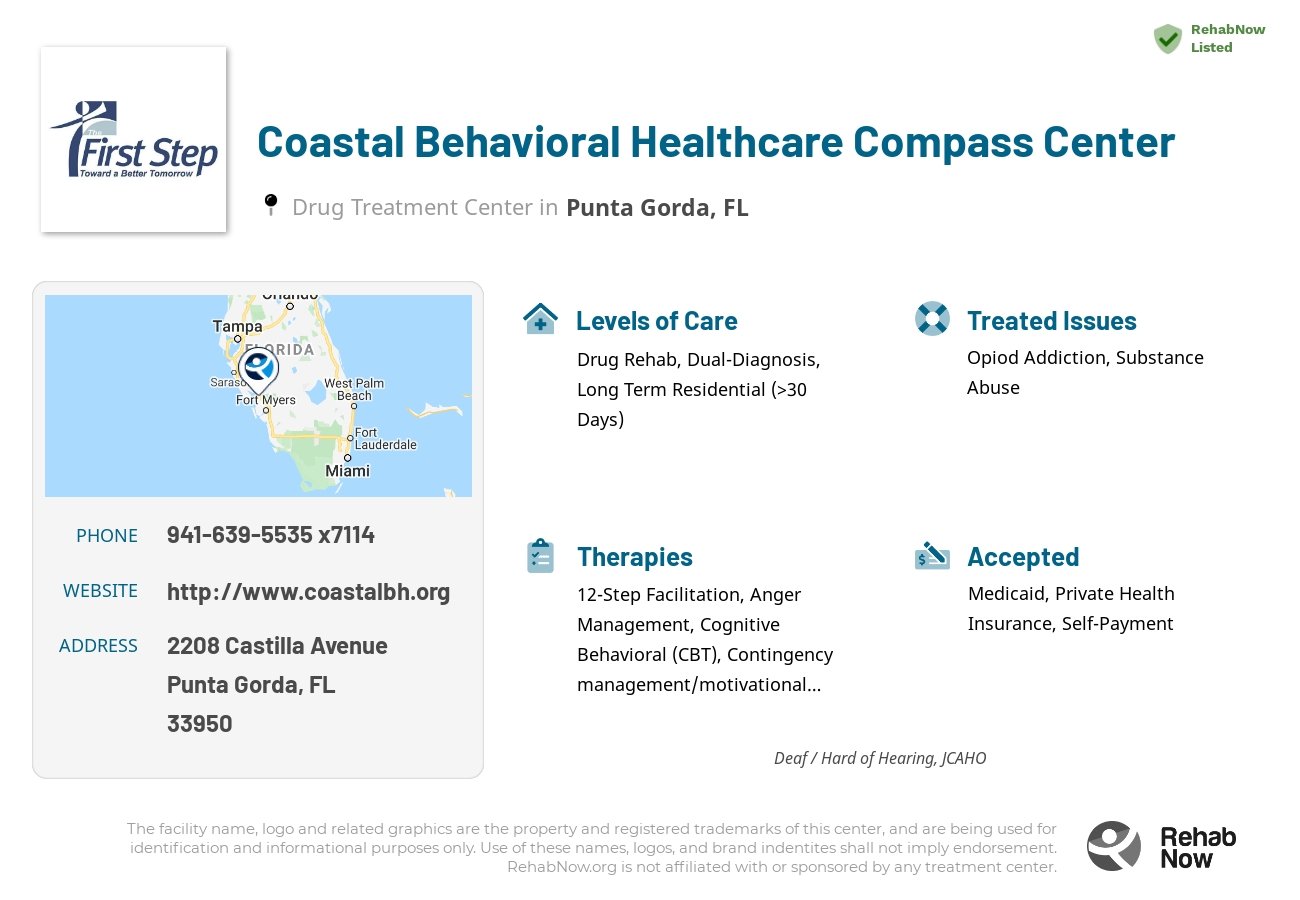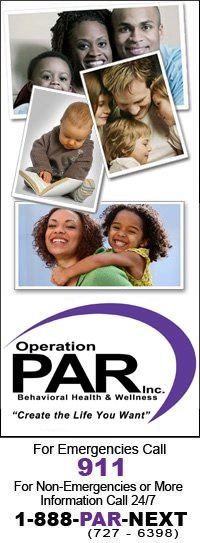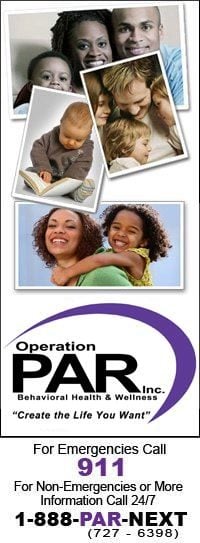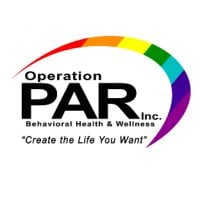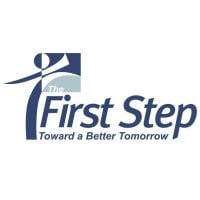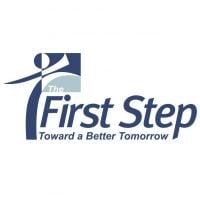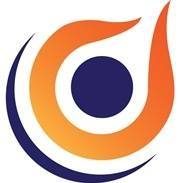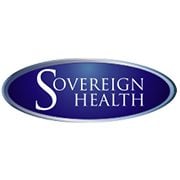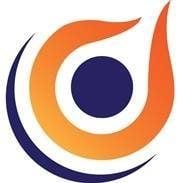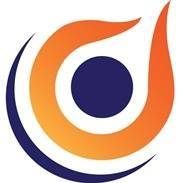Coastal Behavioral Healthcare - Compass Center
Drug Rehab Center in Punta Gorda, Florida
Coastal Behavioral Healthcare - Compass Center is an accredited mental health and addiction treatment center in Punta Gorda, Florida, offering evidence-based services, including dual diagnosis, opioid addiction, and drug treatment programs, with aftercare support and long-term residential options available.
About Coastal Behavioral Healthcare - Compass Center in Florida
Coastal Behavioral Healthcare – Compass Center, situated in Punta Gorda, Florida, stands out in the treatment of alcoholism, drug addiction, including opioid addiction, and dual diagnosis involving both mental health and substance abuse issues. This private rehab facility commits to transforming lives by providing customized care with respect and compassion, focusing on a journey towards wellness and recovery.
Coastal Behavioral Healthcare – Compass Center holds impressive accreditations from CARF, JCAHO, and SAMHSA, alongside a state license, underscoring its commitment to excellence in addiction and mental health treatment. The center offers a blend of evidence-based practices and a comprehensive continuum of care to address the unique needs of its clients.
- Specializes in treating dual diagnosis, offering a targeted approach to individuals facing simultaneous mental health and substance abuse challenges.
- Provides a variety of treatment methods including 12-Step Facilitation, Cognitive Behavioral Therapy (CBT), and Motivational Interviewing, to cater to diverse recovery needs.
- Features long-term residential care (>30 days), detox, and aftercare support, ensuring a thorough and supportive recovery journey.
At Coastal Behavioral Healthcare – Compass Center, individuals struggling with addiction to alcohol, opioids, and other substances find hope through tailored treatment plans. The center employs a diverse array of methods such as CBT, DBT, and trauma therapy, aimed at fostering lasting change and empowerment at various levels of care.
Genders
Ages
Modality
Additional
Accreditations
State License
SAMHSA

JCAHO

CARF
The Commission on Accreditation of Rehabilitation Facilities (CARF) is a non-profit organization that specifically accredits rehab organizations. Founded in 1966, CARF's, mission is to help service providers like rehab facilities maintain high standards of care.
Conditions and Issues Treated
With so many people addicted to opioids, we need to help those who want to quit. The cycle begins when opioid addicts take opioids for a painful injury. When someone starts taking their medication differently or in excess, it means they’re addicted and at risk of overdosing.
In , detoxing from these types of treatments is the most effective way to beat this. Most facilities begin with medical assistance and then provide counseling services; rehabilitation follows after successful treatment.
Dual diagnosis refers to someone who has both an addiction and a mental or emotional illness. Dual diagnosis treatment includes therapy for both issues simultaneously, allowing for effective treatment of either.
Sometimes people with addiction disorders also have co-occurring disorders like depression, anxiety, bipolar disorder, etc. These require specialized treatment programs that address both drug and alcohol addiction as well as psychiatric illnesses. Some rehabilitation facilities provide patients with co-occurring disorders a program with highly integrated services and a clean, distraction-free environment.
Levels of Care Offered
This center offers a variety of custom treatment tailored to individual recovery. Currently available are Aftercare Support, Drug Rehab, Dual-Diagnosis, Inpatient, with additional therapies available as listed below.
Inpatient treatment is a form of recovery used in drug rehab. Inpatient recovery offers individual therapy, groups, and family therapy to ensure that the addict has the best recovery possible. A variety of treatments are provided in this type of recovery, depending on what treatment the addict needs at that particular time.
The length of inpatient addiction treatment depends on the addict and their addiction. Inpatient rehabilitation can last anywhere from 30 days to 90 days, depending on how severe the drug abuse is. Inpatient rehab is a costly drug treatment, costing anywhere from $30k- to $60k. However, insurance often offers help in covering these costs.
The accomplishment of completing a drug or alcohol treatment program is just the first step. Once that is complete, aftercare support comes into play. This includes helping people adjust to life without substances outside of guidelines with assistance like getting sober living accommodations and career counseling and AA/NA programs for those who are struggling between sobriety or want continued help in maintaining it once they have completed their initial rehabilitation at an addiction facility.
Aftercare comprises services that help recovering addicts readjust to normal day-to-day activities while working on specific issues. These problems include psychiatric issues, family problems caused by substance abuse, continuing education pursuits if desired during rehab, etc. These can last up to one year+ depending on what’s needed most urgently upon completion of earlier stages.
Therapies & Programs
Different people react differently to various treatment options. Some drug rehabilitation centers offer individualized treatment that caters to the specific needs of a drug addict. The best treatment option varies on an individual depending on the type of drug abused, life history, medical condition of the person, social circumstances, and the environment they live in now.
When a person enters drug rehab, they usually have anti-drug associations such as withdrawal symptoms, stress, cravings, etc. The first step of drug rehab is to detoxify the body from any residual substances in it. Drug rehabilitation centers usually employ trained medical professionals to help in this process. Usually, the initial detoxification lasts for five days, where the person is monitored under close supervision.
Family therapy sessions typically involve the addict and their family members. During these sessions, a therapist will work with everyone involved to help them understand addiction and find healthy ways of coping without substance abuse.
Some addicts might feel embarrassed about their substance abuse problems. By encouraging family members to attend these sessions, therapists can show addicts that they’re not alone in dealing with addiction. Therapists can also work with family members to help them understand addiction and learn how to offer support and encouragement to their loved one as they deal with substance abuse issues.
Attending group therapy at Coastal Behavioral Healthcare - Compass Center in , is a useful way for those seeking sobriety to realize they aren’t the only one going through it.
This is when a group of people on different recovery phases get together and talk about what they’re going through, their triggers, successes, and failures. This can include alternative types of therapies too! Group therapy may occur on an outpatient or inpatient basis with groups that have no pre-existing relationships outside the session, unlike support groups where everyone already knows each other beforehand.
Trauma therapy is a form of therapy used to help people process and understand past traumas. This can help struggling addicts, as many people turn to drugs or alcohol to mask the pain of their past. Trauma therapy can be done in several ways, such as through visualization, discussion, and writing down thoughts and feelings. The goal is to help the individual understand why they are having problems coping with certain situations and changing how they think and react to things. This is often done in tandem with other therapies to treat the underlying issues associated with addiction.
The idea behind trauma therapy is that while some people can experience traumatic events and not have lasting psychiatric symptoms, many others will. In these cases, memories get hidden from consciousness but continue to influence how the person processes and copes with things in their life. They may avoid situations that resemble what happened or become suddenly angry or irritated to a situation that reminds them of a past event. With the help of a therapist, people can go back over memories and experiences. This helps them understand why they are having problems coping with certain situations and changing how they think and react to things.
This type of cognitive-behavioral therapy helps people understand how their thoughts, behaviors, and feelings are interconnected. It can help patients with borderline personality disorder gain control over their actions and stop self-harming thoughts and attempts.
Cognitive Behavioral Therapy is a type of psychotherapy that helps people address the thoughts and behaviors that may have led to their addiction. It also helps change negative thoughts into positive ones and promotes healthy communication between addicts and those around them. CBT is an efficient treatment for individuals suffering from all sorts of addictions.
Cognitive Behavioral Therapy (CBT) focuses on the underlying thoughts and behaviors that caused the problem of addiction in the first place and may cause a relapse. Negative feelings are common in drug abuse disorders, but they can lead to co-occurring disorders if not recognized. CBT involves strategies that help to change the behavior pattern by restructuring negative thoughts into positive ones. It helps to remove these feelings, and it provides long-term benefits. Also, CBT promotes self-awareness, self-control and can be administered as a mono-therapy or as part of combination therapy.
The use of Rational Emotional Behavior Therapy for addicts has been shown to have positive and desirable outcomes. It is a form of specific counseling that replaces negative and self-limiting thoughts with positive and productive behaviors. Self-defeating thoughts and habits can limit your possible successes. Some examples of this are procrastination, unhealthy eating, and angry outbursts. You may not be aware that some unhealthy behaviors and thoughts are sabotaging your potential accomplishments.
Life Skills Services offered at Drug Treatment Centers assists addicts in their recovery by teaching them healthy coping mechanisms that will aid them in becoming sober, focussing on helping people enter into, and maintaining long-term sobriety. Drug Treatment Centers provide Life Skills Services at varying levels of intensity, specific to the needs and requirements of each patient.
Life Skills Services offered at Drug Treatment Centers assists addicts in their recovery by teaching them healthy coping mechanisms that will aid them in becoming sober, focussing on helping people enter into, and maintaining long-term sobriety. Coastal Behavioral Healthcare - Compass Center in Punta Gorda, Florida provide Life Skills Services at varying levels of intensity, specific to the needs and requirements of each patient.The benefits of Life Skills Services offered at Drug Treatment Centers:
- Restores hope and empowerment — Helps addicts believe that recovery is possible and instills a new confidence in their ability to achieve a positive, drug-free future
- Enhances family involvement — Encourages families to get involved in the recovery process and supports their understanding and encouragement of healthy behavior.
- Increases patient’s compliance — Helps patients take responsibility for and ownership of their recovery and encourages continued progress
- Reduces relapse rates — Encourages long-term abstinence and emphasizes the importance of establishing sober support systems.
Payment Options Accepted
For specific insurance or payment methods please contact us.
Is your insurance accepted?
Ask an expert, call (888) 674-0062
Coastal Behavioral Healthcare Associated Centers
Discover treatment facilities under the same provider.
- Coastal Behavioral Healthcare - Tamiami Trail in North Port, FL
- Coastal Behavioral Healthcare - Children Services in Sarasota, FL
- Coastal Behavioral Healthcare - Kreisman Campus in Sarasota, FL
- Coastal Behavioral Healthcare - Venice in North Port, FL
- Coastal Behavioral Healthcare - FACT Team in Bradenton, FL
Learn More About Coastal Behavioral Healthcare Centers
Additional Details
Specifics, location, and helpful extra information.
Punta Gorda, Florida 33950 Phone Number(941) 639-5535 Meta DetailsUpdated April 15, 2024
Staff Verified
Coastal Behavioral Healthcare - Compass Center Patient Reviews
There are no reviews yet. Be the first one to write one.
Punta Gorda, Florida Addiction Information
Florida is one of the nation's epicenters for substance abuse and drug-related overdoses. In 2014, around 410,000 Florida residents were addicted to drugs and alcohol. Over the last 10 years, 12% of all deaths in the state were attributed to substance abuse. Treatment admissions for alcohol reached 24,329 patients in 2016, and 2.5% of Florida high school students admitted to using crack cocaine.
Punta Gorda, FL, is located in a state with some of the highest rates of overdose deaths in the country. About 6.6% of the population struggled with drug addiction or abuse in 2010-2011. In addition, drug abuse also contributes to crime and violence in the community. To help address these problems, residents need to be aware of the available drug treatment options in Punta Gorda, Florida.
Treatment in Nearby Cities
- Deerfield Beach, FL (125.8 mi.)
- Clermont, FL (114.7 mi.)
- Punta Gorda, FL (2.0 mi.)
- Palm Beach, FL (123.6 mi.)
- Sebastian, FL (114.4 mi.)
Centers near Coastal Behavioral Healthcare - Compass Center
The facility name, logo and brand are the property and registered trademarks of Coastal Behavioral Healthcare - Compass Center, and are being used for identification and informational purposes only. Use of these names, logos and brands shall not imply endorsement. RehabNow.org is not affiliated with or sponsored by Coastal Behavioral Healthcare - Compass Center.
